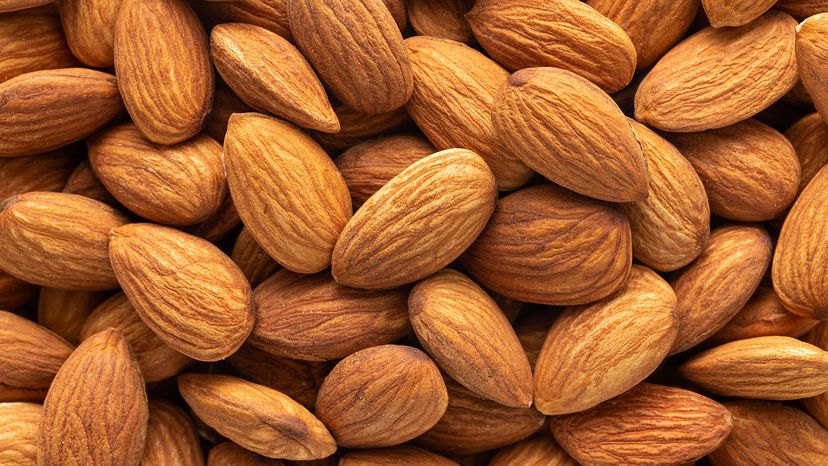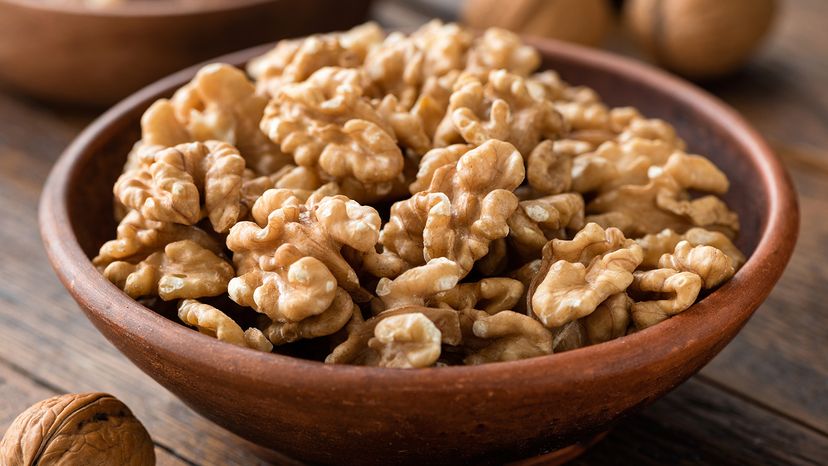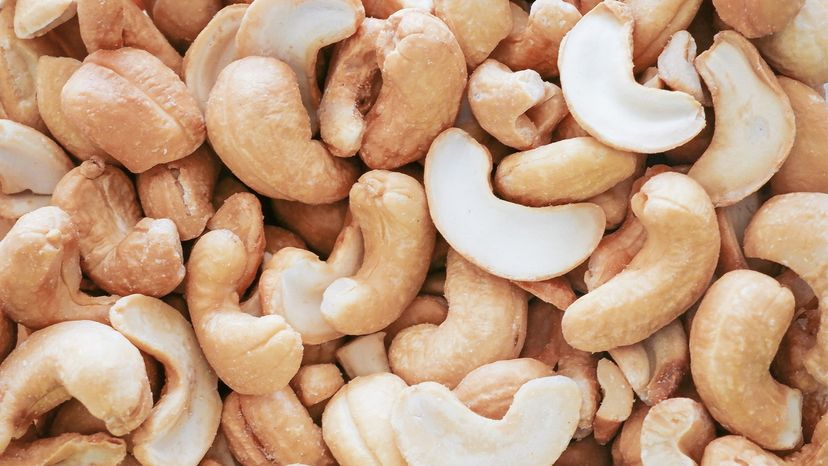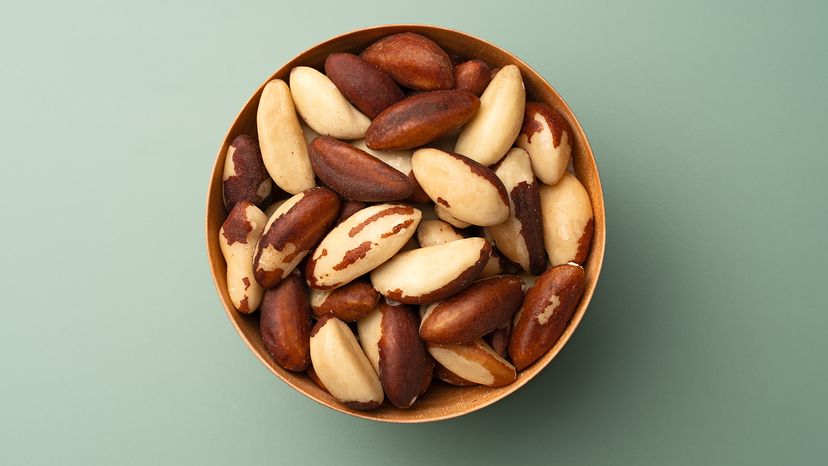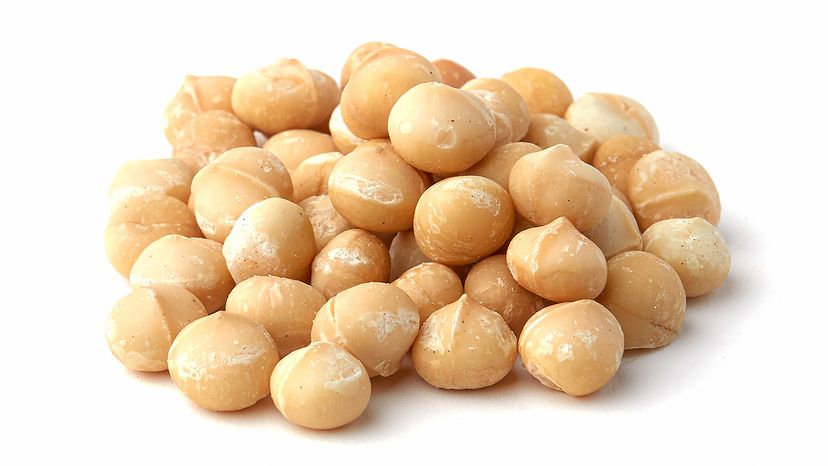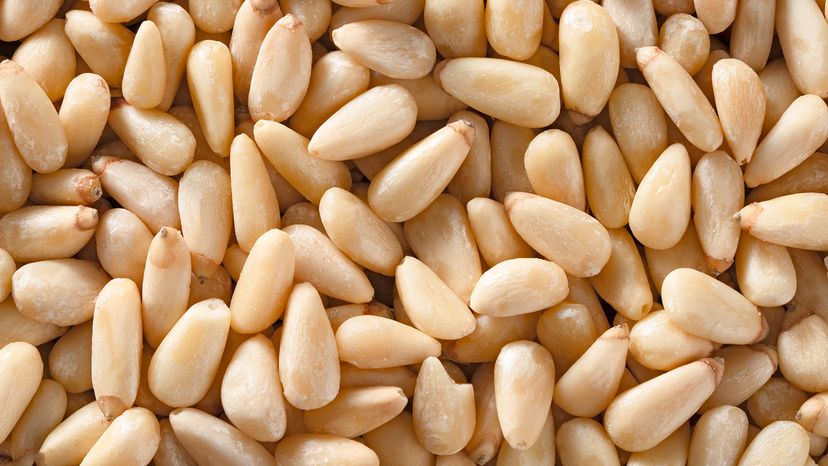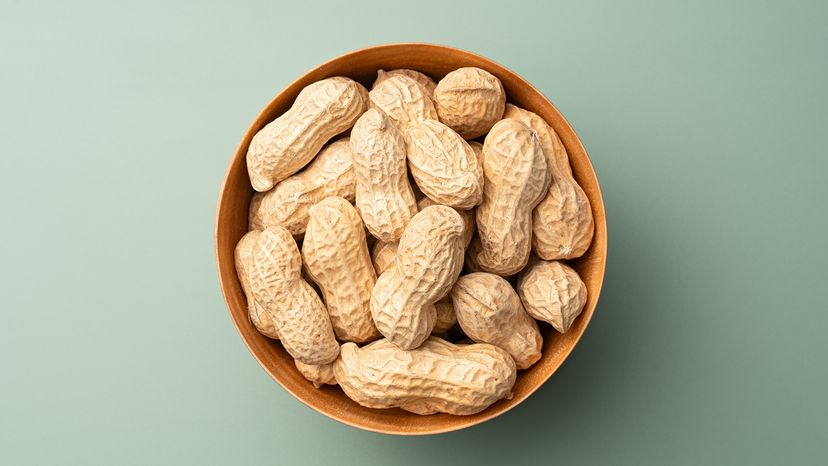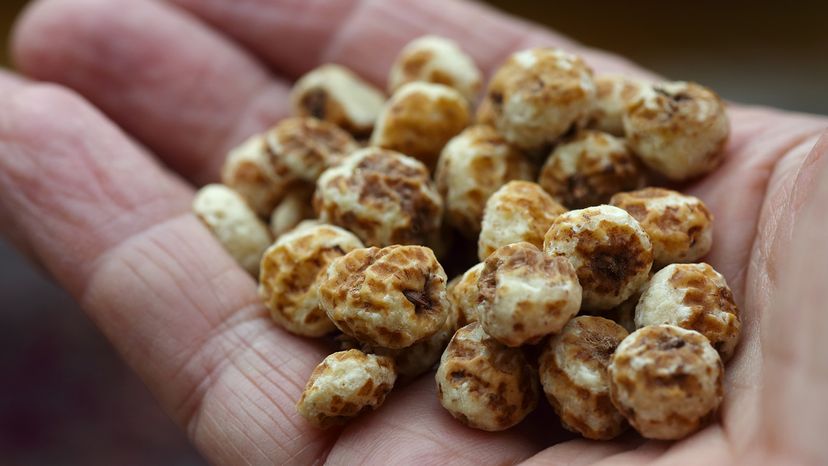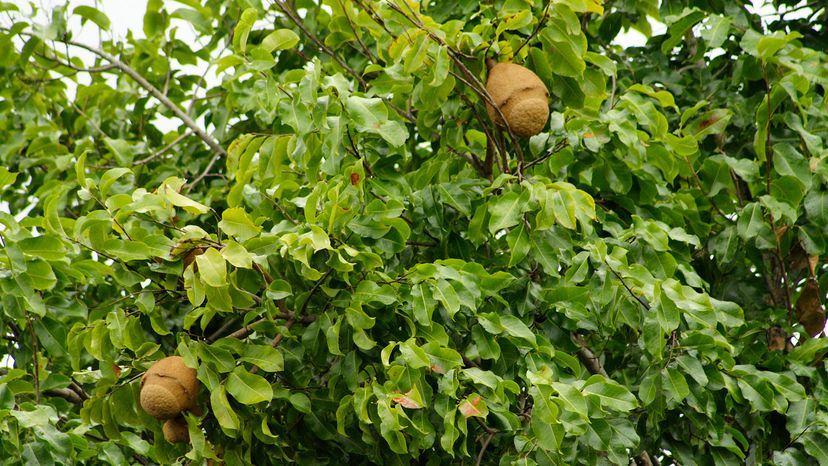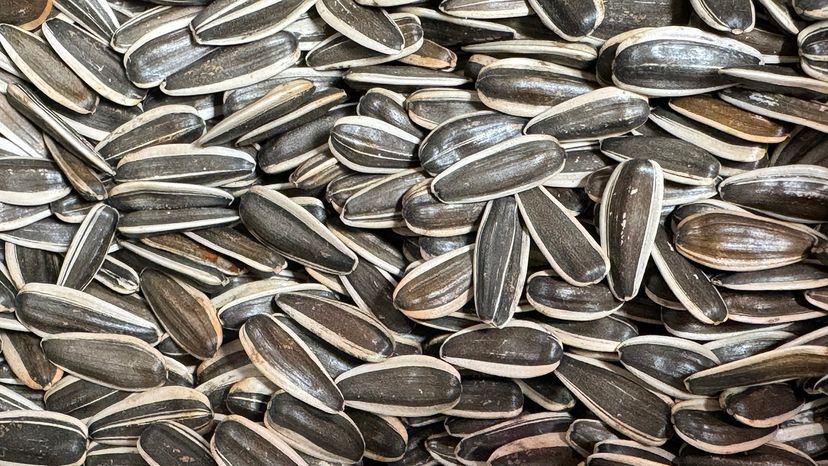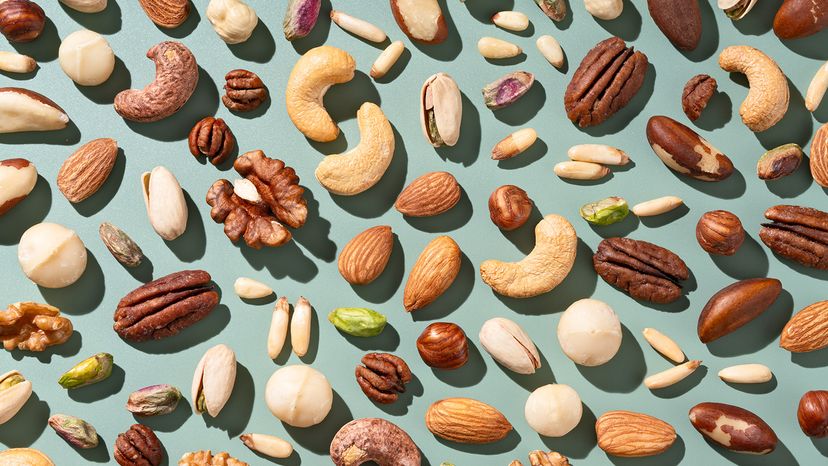
Crunchy, rich and packed with nutrients, the types of nuts you eat can do more than just satisfy a snack craving. These edible nuts are a powerhouse of healthy fats, plant protein and essential nutrients that support everything from heart health to bone health.
Whether eaten raw, roasted or as nut butter, nuts and seeds have numerous health benefits backed by science. Here are 10 nut types and edible seeds that deserve a spot in your pantry.
Advertisement
